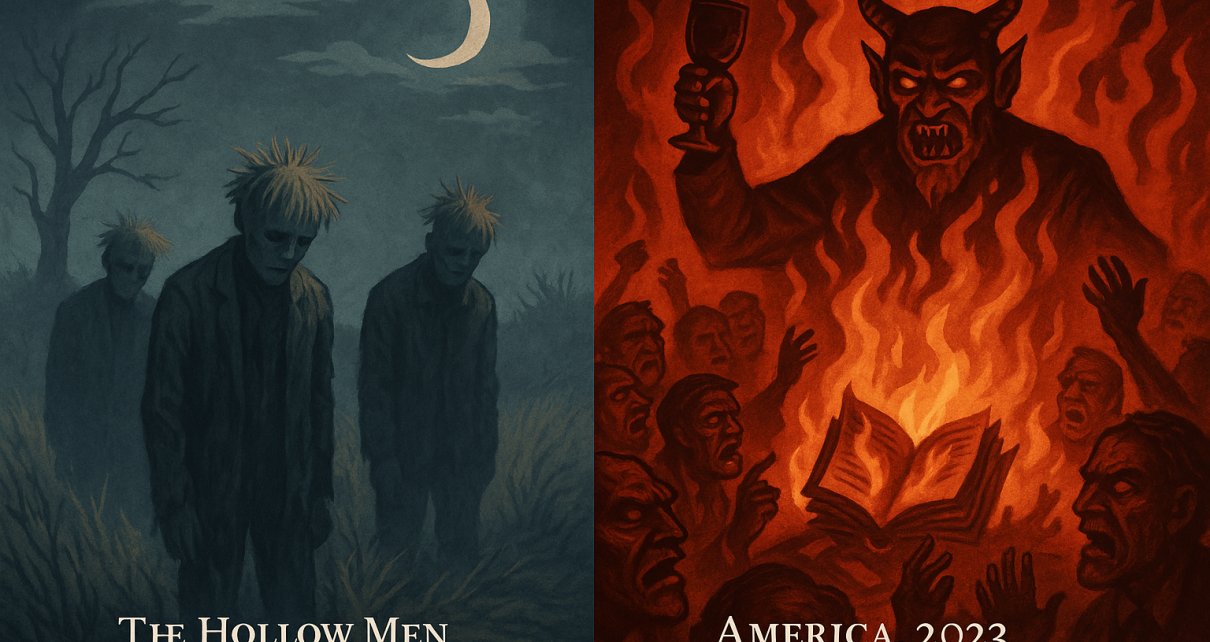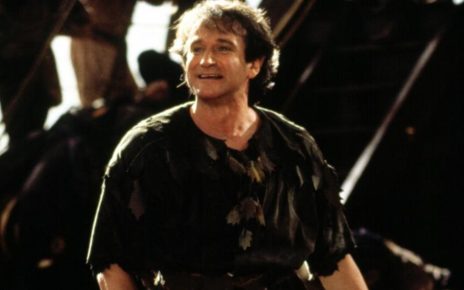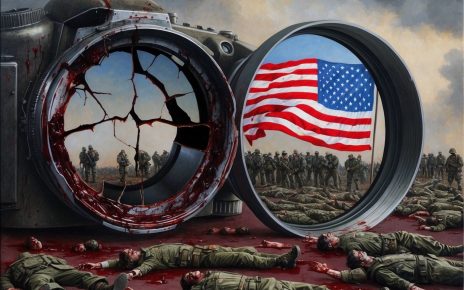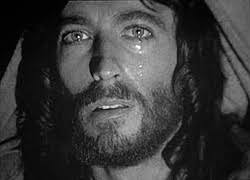T. S. Eliot’s The Hollow Men and Sean Dempsey’s America, 2023 both confront the spiritual and moral decay of civilization, but they do so from opposite emotional poles. Eliot’s poem is elegiac: a whispered lament for a world hollowed out by inertia and disillusionment. His “stuffed men” drift without agency, trapped in the shadow between intention and action. Dempsey, by contrast, delivers a scathing jeremiad: his imagery is fiery, his tone apocalyptic. Where Eliot sees decay in paralysis, Dempsey sees it in frenzy; madness dressed as virtue, mobs devouring truth under the guise of justice.
Both poets grapple with a crisis of meaning, but Eliot’s world ends “not with a bang but a whimper,” while Dempsey’s teeters on the brink of self-immolation. Eliot’s metaphors are abstract. He describes shadows, dry grass, fading stars; Dempsey’s are visceral and brutal: blood-covered cups, bile, fire that “rapes the senses.” Eliot mourns a culture that has quietly died; Dempsey condemns one that gleefully burns itself alive.
Ultimately, Eliot invites introspection; Dempsey demands alarm. One captures the despair of postwar modernity, the other the rage of a post-truth age. Their shared brilliance lies in their refusal to look away from decline…only the temperature of their gaze differs.
tldr; Eliot’s poem is the ghostly whisper of a dying world; Dempsey’s is the scream of one that’s setting itself on fire.
The Hollow Men
by T. S. Eliot (1925)
I
We are the hollow men
We are the stuffed men
Leaning together
Headpiece filled with straw. Alas!
Our dried voices, when
We whisper together
Are quiet and meaningless
As wind in dry grass
Or rats’ feet over broken glass
In our dry cellar
Shape without form, shade without colour,
Paralysed force, gesture without motion;
Those who have crossed
With direct eyes, to death’s other Kingdom
Remember us — if at all — not as lost
Violent souls, but only
As the hollow men
The stuffed men.
II
Eyes I dare not meet in dreams
In death’s dream kingdom
These do not appear:
There, the eyes are
Sunlight on a broken column;
There is a tree swinging
And voices are
In the wind’s singing
More distant and more solemn
Than a fading star.
Let me be no nearer
In death’s dream kingdom
Let me also wear
Such deliberate disguises
Rat’s coat, crowskin, crossed staves
In a field
Behaving as the wind behaves
No nearer—
Not that final meeting
In the twilight kingdom.
III
This is the dead land
This is cactus land
Here the stone images
Are raised, here they receive
The supplication of a dead man’s hand
Under a twinkle of a fading star.
Is it like this
In death’s other kingdom
Waking alone
At the hour when we are
Trembling with tenderness
Lips that would kiss
Form prayers to broken stone.
IV
The eyes are not here
There are no eyes here
In this valley of dying stars
In this hollow valley
This broken jaw of our lost kingdoms.
V
Here we go round the prickly pear
Prickly pear, prickly pear,
Here we go round the prickly pear
At five o’clock in the morning.
Between the idea
And the reality
Between the motion
And the act
Falls the Shadow
For Thine is the Kingdom.
Between the conception
And the creation
Between the emotion
And the response
Falls the Shadow
Life is very long
Between the desire
And the spasms
Between the potency
And the existence
Between the essence
And the descent
Falls the Shadow
For Thine is the Kingdom.
For Thine is
Life is
For Thine is the
This is the way the world ends
This is the way the world ends
This is the way the world ends
Not with a bang but a whimper.



